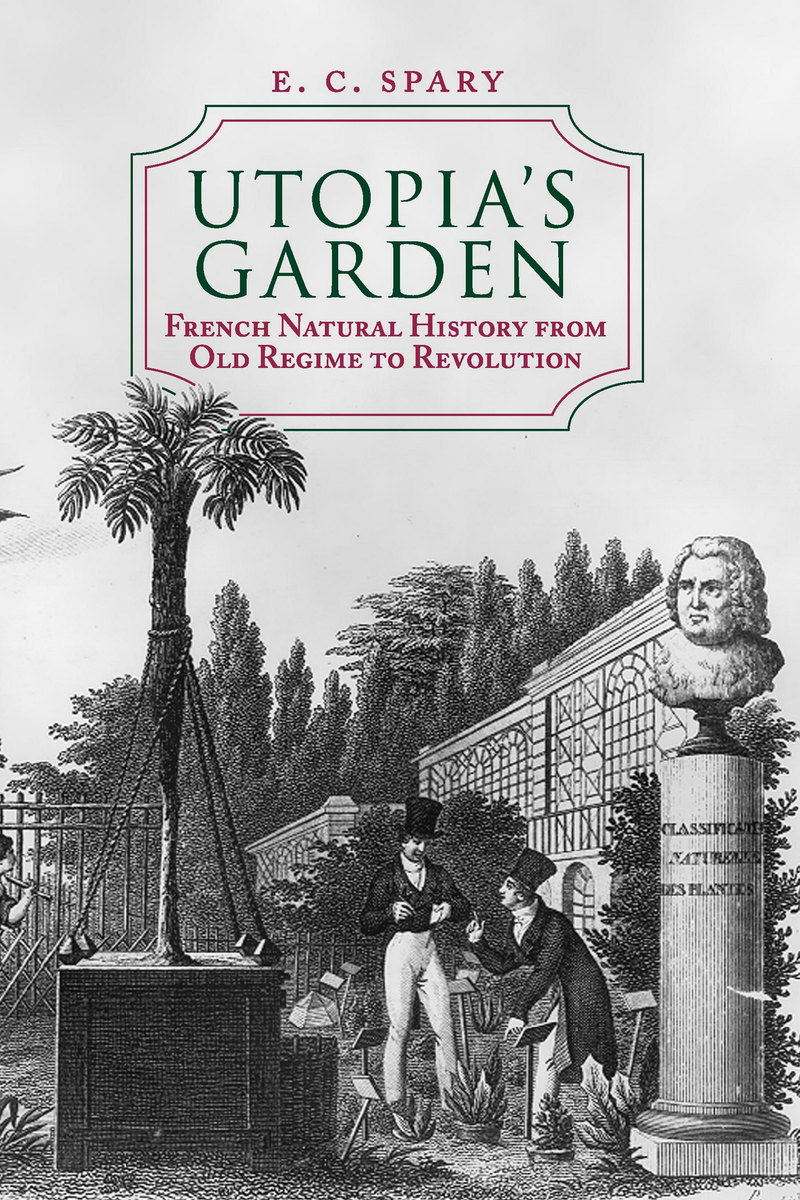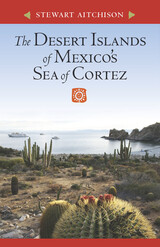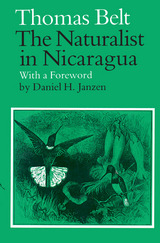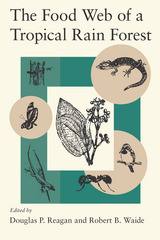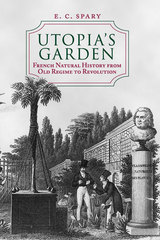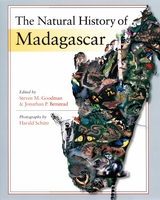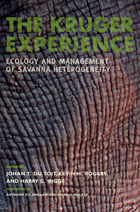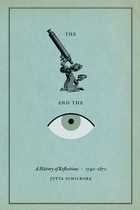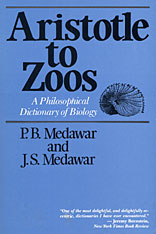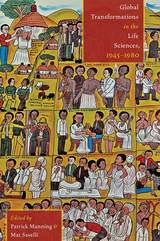Utopia's Garden: French Natural History from Old Regime to Revolution
University of Chicago Press, 2000
Paper: 978-0-226-76863-2 | Cloth: 978-0-226-76862-5 | eISBN: 978-0-226-76870-0
Library of Congress Classification QH147.S62 2000
Dewey Decimal Classification 508.4409033
Paper: 978-0-226-76863-2 | Cloth: 978-0-226-76862-5 | eISBN: 978-0-226-76870-0
Library of Congress Classification QH147.S62 2000
Dewey Decimal Classification 508.4409033
ABOUT THIS BOOK | AUTHOR BIOGRAPHY | TOC | REQUEST ACCESSIBLE FILE
ABOUT THIS BOOK
The royal Parisian botanical garden, the Jardin du Roi, was a jewel in the crown of the French Old Regime, praised by both rulers and scientific practitioners. Yet unlike many such institutions, the Jardin not only survived the French Revolution but by 1800 had become the world's leading public establishment of natural history: the Muséum d'Histoire Naturelle.
E. C. Spary traces the scientific, administrative, and political strategies that enabled the foundation of the Muséum, arguing that agriculture and animal breeding rank alongside classification and collections in explaining why natural history was important for French rulers. But the Muséum's success was also a consequence of its employees' Revolutionary rhetoric: by displaying the natural order, they suggested, the institution could assist in fashioning a self-educating, self-policing Republican people. Natural history was presented as an indispensable source of national prosperity and individual virtue.
Spary's fascinating account opens a new chapter in the history of France, science, and the Enlightenment.
E. C. Spary traces the scientific, administrative, and political strategies that enabled the foundation of the Muséum, arguing that agriculture and animal breeding rank alongside classification and collections in explaining why natural history was important for French rulers. But the Muséum's success was also a consequence of its employees' Revolutionary rhetoric: by displaying the natural order, they suggested, the institution could assist in fashioning a self-educating, self-policing Republican people. Natural history was presented as an indispensable source of national prosperity and individual virtue.
Spary's fascinating account opens a new chapter in the history of France, science, and the Enlightenment.
See other books on: 18th century | Natural history | Old Regime | Revolution | Spary, E. C.
See other titles from University of Chicago Press
